What do you think?
Rate this book
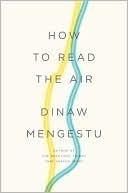

318 pages, Kindle Edition
First published January 1, 2010
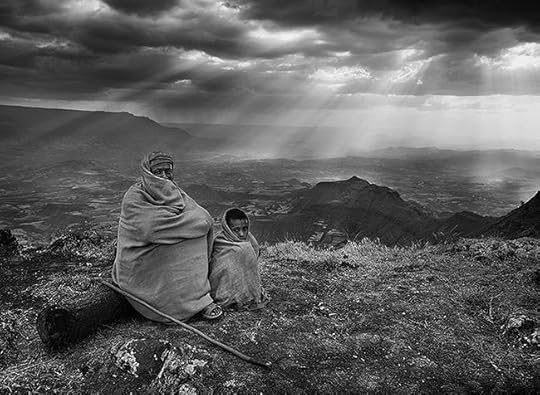
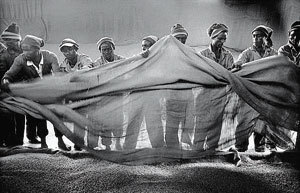
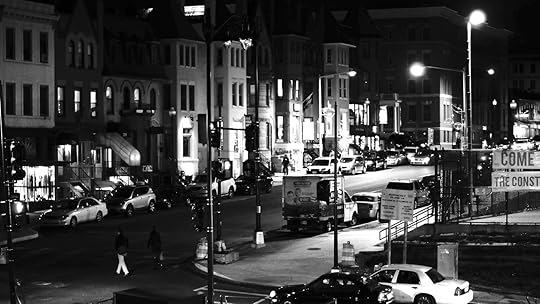


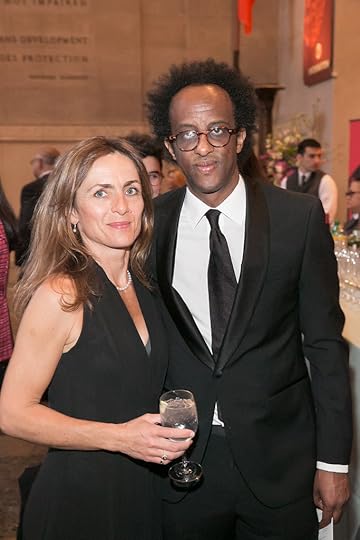
''A piece of dark blue fabric from the end of her dress trailed her for a fraction of a second and remained fluttering in space even after she had rounded the bend. […] Imagined or not, that last patch of blue stayed floating in the air, and I could still see it even after she was gone just as clearly as I could see the stop sign on the corner and the maple tree that shaded the sign and intersection. That patch of blue was no less real for not having technically been there, just as my mother was no less real for being out of sight. We persist and linger longer than we think, leaving traces of ourselves wherever we go. If you take that away, then we simply vanish.''People that we know intimately at a moment or another in our lives linger even after they are no longer with us: parts of the persons we are today are the way they are thanks to them as well. This is what this book is about. Relationships end, people go on separate ways, but they leave traces on one another: they stay with us in more subtle ways, often invisible to any other person’s eyes.
''That was the first important step away from me that she made, and I knew that there would be others, and that many of them would be small, hardly even perceptible, which is the way distance between two people normally grows – in baby-step-sized increments.''Retracing his parents’ honeymoon voyage and examining this way their whole relationship, the narrator gets to realize that even though his separation from Angela is a sort of ending in itself, ''they are still not finished, and won’t be for many years yet to come''. Even though there might not be other persons to get to know them intimately, they are not going to disappear as Angela fears and they are going to remain a part of each other’s life for much longer than they both think. This entire book is an ode to this idea and the example I started with seems to affirm the same thing.